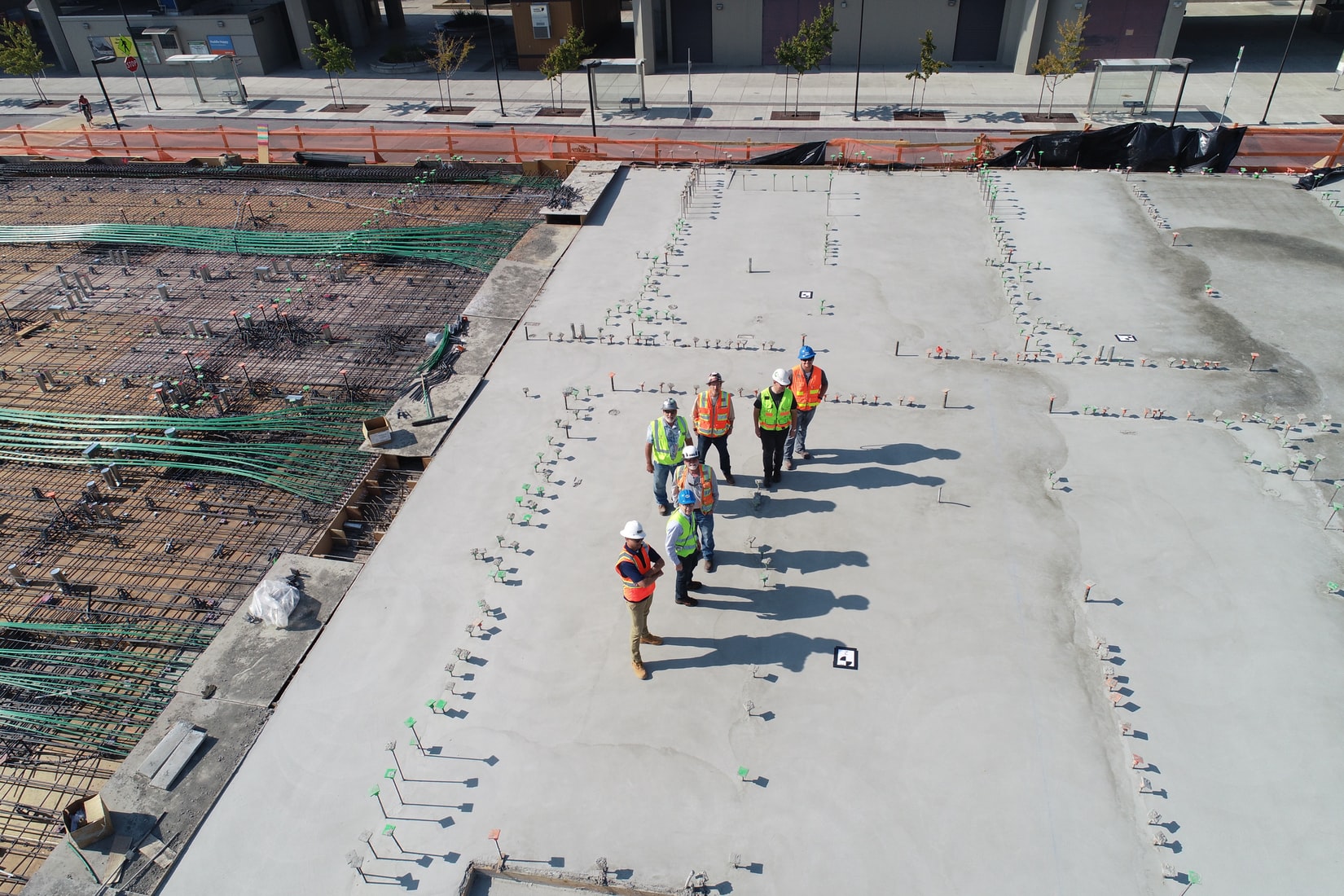How to Overcome the Challenges of Managing a Mobile Workforce
Posted by George Khreish, Sat, Dec 7, 2019

The remote and mobile workforce has seen significant growth across Australia in recent years, with that trend only set to continue. Currently, one in three Australians work off-site, and that figure is expected to rise to 50% as soon as next year.
Whilst there are many benefits of hiring and enabling a mobile workforce, naturally, there are some hurdles too. The growing shift from traditional single-location work towards remote work comes with a unique set of challenges.
1. Managing your workforce
One of the most common complaints we hear from businesses with a mobile workforce is how challenging communication with their workers can be. That’s what drove us to develop Alloc8, a workforce management tool that enables businesses to better communicate with their remote workers. Send custom notifications to your workers instantly and share automatic updates including new, cancelled or amended shifts. The timesheet and scheduling feature allows businesses to easily track worker hours and ensure they are remaining compliant by staying within the maximum working hours allowed.
2. Highly regulated industries
The most regulated industries across Australia (construction, health, mining and trades) often have the greatest number of remote workers. Those stringent regulations mean that workers need to have the latest necessary ongoing accreditations, skills and training in order to carry out their duties. More so, these regulations create risk for businesses as if they send workers with missing or expired accreditation out on jobs they are effectively breaking the law. We've recognised the need to be able to visualise and sort workers by skills and qualifications when scheduling and planning jobs.
3. Mismanaging awards and underpayments
State awards are an essential legislative system for fairly paying workers in different industries depending on the level of experience or skill. Ensuring you’re paying your field staff the correct award wage is crucial, particularly as worker’s skills develop and their award rates change. There have been numerous cases of companies unintentionally underpaying workers, including the widely covered case of Woolworths underpaying staff by $300million. At Alloc8, one of the key features we prioritise is our Award interpreter, and we are constantly innovating and experimenting with ways to make managing awards easier for our users. This helps ensure your workers will always be paid the correct wage, and that your business remains compliant with Fairwork practices.
4. Matching the right people to the right clients
When it comes to matching workers to client jobs, one of the challenges can be deciding who to pick, and whether or not to send a team or an individual. Many of our clients have workers who typically work on specific client projects and customers who prefer specific teams. The ability to see workers and teams with experience and familiarity with particular customers and their jobs is a huge win for schedulers as it reduces the guesswork and communication required in explaining processes etc. That’s why we built a product that lets you curate a custom team for each job with the right skills, certification and distance to the job, helping you deliver the best service to your clients.
Promoting a safe, happy and efficient remote workforce in times of growth is what drives us and what inspired the development of our workforce management product, Alloc8. To find out how your business could benefit from using Alloc8, schedule a demo today.
Topics: scheduling, workforce management